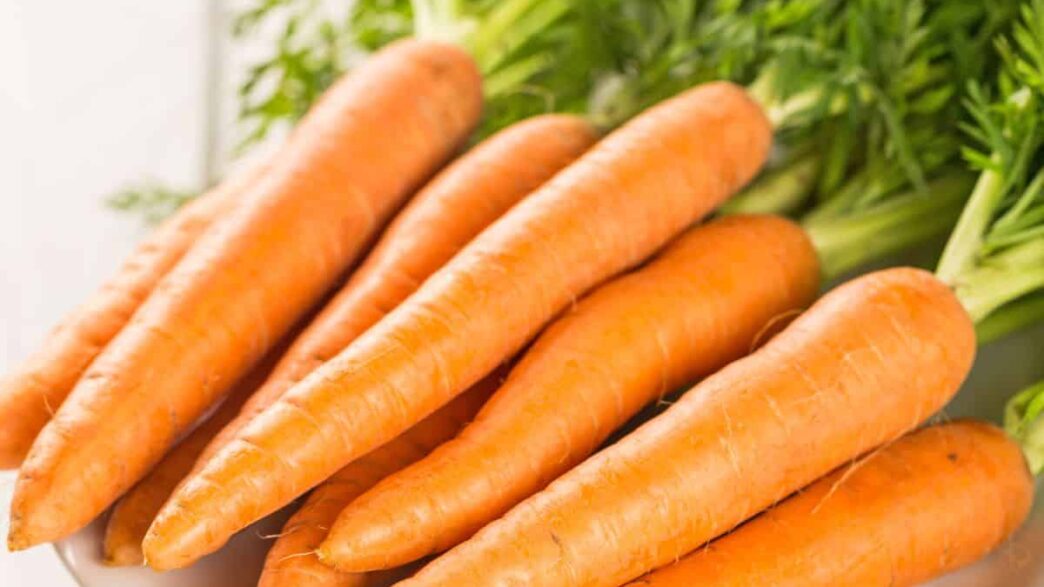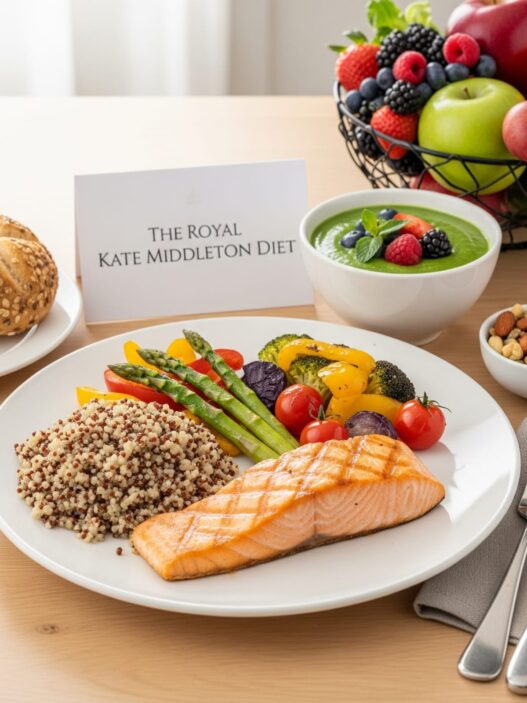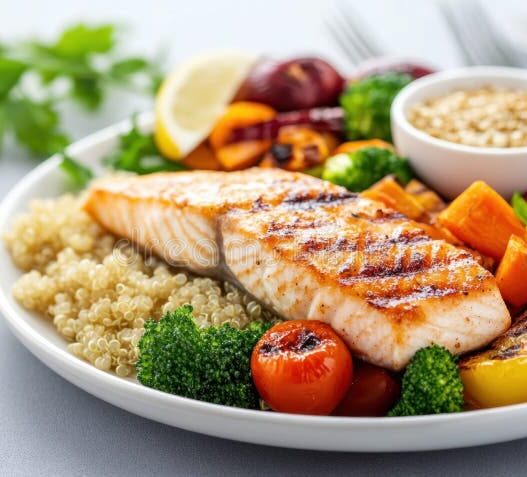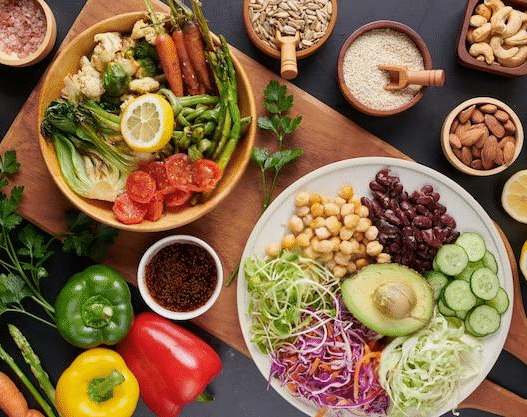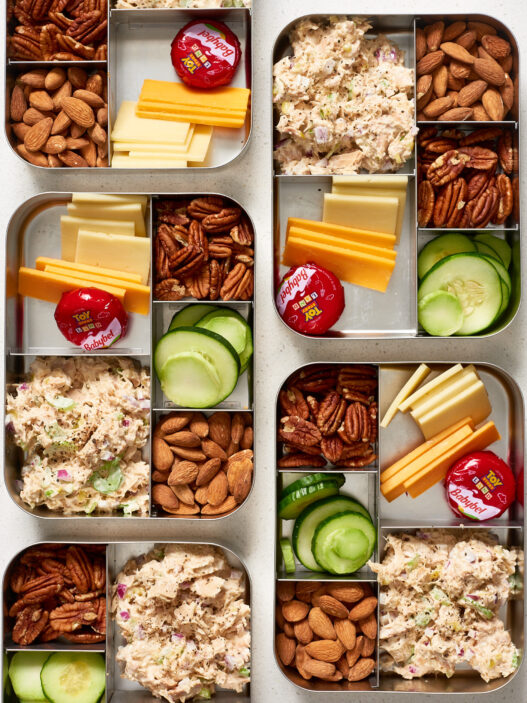If you love carrots but on a keto diet, you might be having a question: are carrots keto friendly?
The ketogenic diet, which is low in carbohydrates and high in fat, heavily relies on non-starchy vegetables.
Net carbohydrates, or the amount of total carbohydrates less fiber, are often limited to 25 grams or less per day on this diet.
Low-carb vegetables including broccoli, cauliflower, avocado, zucchini, and salad greens account for a significant portion of the daily net carbohydrate intake for many ketogenic diet followers.
But you might be thinking if having carrots is okay or not when following a ketogenic diet.
This blog reviews the carbohydrates (carbs) in carrots, their suitability for a ketogenic diet, and their possible keto-friendly benefits.
What is keto?
Taking moderate protein and high fat foods are key components of the low-carb ketogenic diet. Inducing ketosis is the main objective of a keto diet. It is a metabolic state where your body uses fat stores as its main energy source instead of carbs.
When on a ketogenic diet, it’s important to determine how many carbohydrates are in your meals. It is always recommended to consume no more than 50 grams of net carbohydrates (carbs) per day in order to enter and maintain a state of ketosis.
Since dietary fiber has no effect on blood sugar, it is not required to be included in your total carbohydrate intake.
Keep a closer eye on net carbs when tracking down your daily carbs intake while following the ketogenic diet. By subtracting the fiber content from the total carbohydrates in a food, you can determine its net carbohydrate content.
Carbohydrates from carrots
The pace at which a food will boost your blood sugar levels is measured by a scale called the glycemic index. Carrots may have a higher glycemic index than other ketogenic foods.

However, it’s crucial to consider more than simply the glycemic index when following a high-fat ketogenic diet. In addition to providing the number of carbohydrates in a food, the glycemic load also accounts for the amount of fiber.
With a low glycemic load of 2.88, carrots fall well below the 10 threshold. Their high fiber content promotes a more stable blood sugar response by slowing down digestion.
Since the carrot is the root of the carrot plant, they are referred to as root vegetables. However, some root crops, such as potatoes, are tubers, which are where the plant stores its natural sugar.
Compared to tuber vegetables like potatoes, carrots are lower in sugar and carbohydrates since they are a root.
Benefits of carrots on keto
If you want something crunchy without the carbohydrates rush, carrots are a go-to supplement to a ketogenic diet!
Compared to other root vegetables, these vegetables are quite lower in carbohydrates and offer numerous health advantages.
Carrots have these important health benefits for your body, so having them regularly is a must:
- A great source of vitamin C and potassium
- Encourage eye health.
- High beta-carotene levels support normal blood pressure.
- Strong antioxidants, flavonoids, and carotenoids found in carrots promote healthy cellular activity, proper immunological function, and general well-being, per research published in Food and Nutrition Sciences.
Can You Eat Carrots on a Keto Diet?
Wondering are carrots keto friendly or not. Given their nutritional value, carrots can be included in a ketogenic diet in moderation.

But you have to follow a reasonable and a moderate amount. One cup about 122 grams of carrots, which contains 9 grams of net carbohydrates, can provide more than half of your daily intake of net carbohydrates only if you’re aiming to meet the recommended daily intake of 25 grams.
On the ketogenic diet, carrots can be consumed raw or cooked sparingly because the cooking method has no effect on the amount of carbohydrates they contain.
Conclusion
Are carrots keto friendly? You can eat carrots on the ketogenic diet, but they have a lot of carbs, so it might be hard to eat them a lot or in large amounts.
Cauliflower, broccoli, and celery are other options that aren’t as starchy. You can eat them raw or cooked.
Carrots are a great source of vitamin A, which is important for healthy skin, hair, and eyes, so they can help you get the nutrients you need on a ketogenic diet. They have a lot more vitamin A in a cup than celery or broccoli do.
When following the ketogenic diet, eat a variety of vegetables and limit how many carrots you eat to a small amount.







